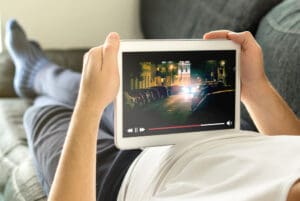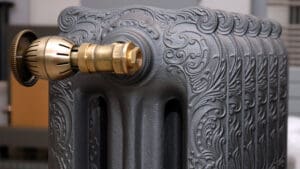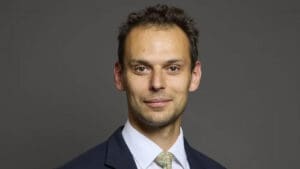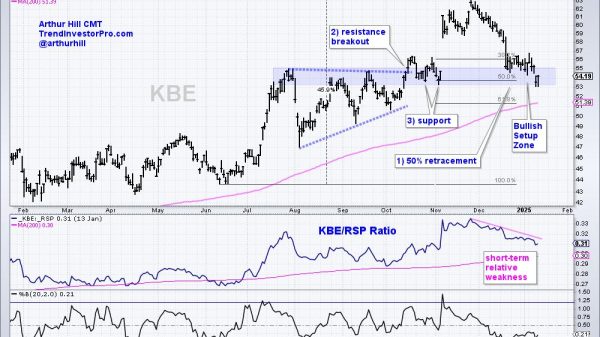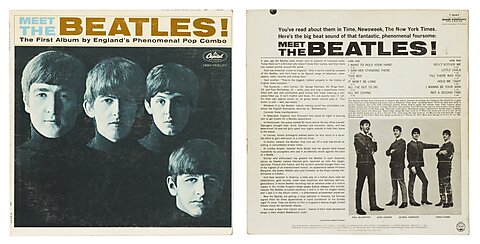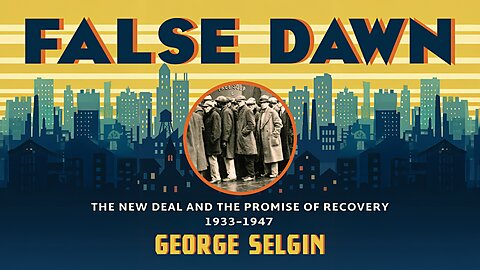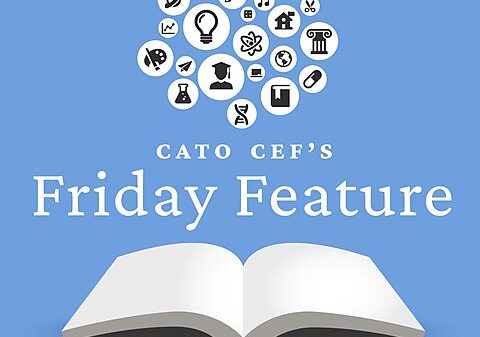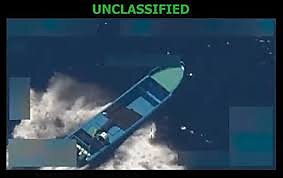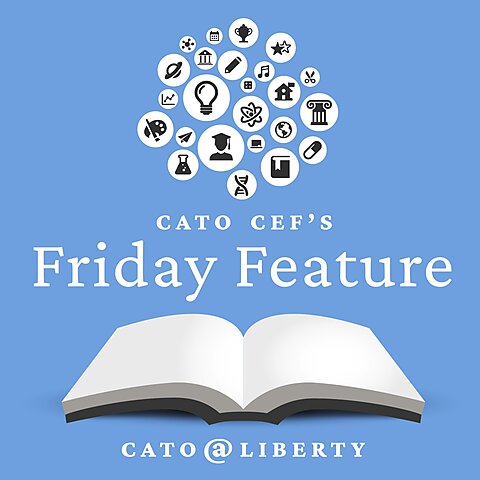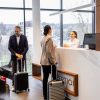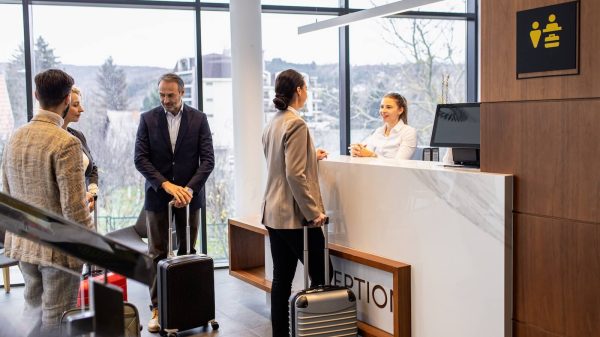Colleen Hroncich
When Lauren Yacht posted on a Northern Virginia homeschool Facebook group that she was thinking about starting a homeschool program, she didn’t know what to expect. As she prepared to move back to the DC area from Florida, she was shocked that she couldn’t find any hybrid schools. She appreciated the model, where kids learn in person some days and at home other days. While she loved homeschooling her gifted daughter, it could be exhausting. “It was kind of hard and sort of lonely to do it alone,” she admits.
Sarah Lavezzo, another homeschool mom who was also moving back to the area, saw the post. She had started a microschool in Colorado that survived the pandemic, and she’d sworn off starting another school. But Lauren’s description matched what Sarah had already built. “For the second time in my life, I reached out to a complete stranger over the internet,” Sarah says.
The coincidences don’t stop there. “It was really just kismet,” says Lauren. “Both of our daughters were seven. Both of them were gifted, twice-exceptional. And we moved back on the same day, within a couple of miles of each other. And so it was just like meant to be.”
The women had a three-hour conversation over Zoom, and a school was born. Afterwards, Sarah went to her husband and said, “I think I’m starting another school.”
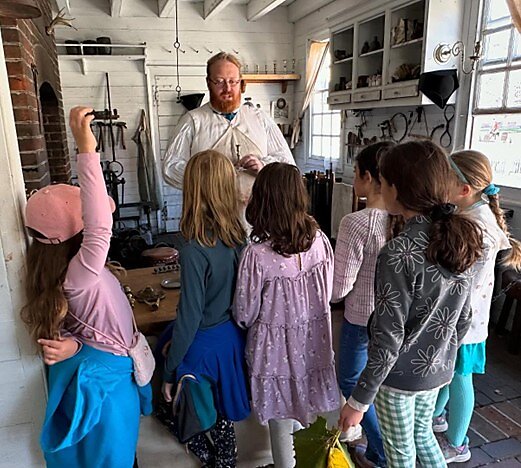
Scholé Center for Innovative Education started with a pilot year as a homeschool co-op and launched as a hybrid school in 2023. It now serves 37 students from kindergarten through eighth grade, meeting on Tuesdays and Thursdays with Friday field trips. They use a unique approach, marrying classical content with hands-on, self-directed learning techniques.
“We have three classes of mixed ages,” Lauren explains. “Students are placed in each class based on what level of challenge or support they need in each subject area.” The different levels of a subject all meet at the same time to allow students to move to the level they need. So a child may be in a more advanced class for literature and a less advanced class for science or vice versa.
“We have some students who kind of bounce around between the different levels all day, and then some students who just stay in whatever their grade level is,” Lauren adds.
While most subjects are fully covered at Scholé, parents select their own core math and language arts curriculum for home. At school, they focus on literature, reading great books, and doing deep dives into reading comprehension and literary analysis. They also practice math together using things such as logic games and puzzles to work on their analytical skills. “It’s kind of like Socratic discussions, but with math,” Sarah says.
In science and social studies, they follow a four-year rotation, similar to many classical programs. They are currently in a physics year, so everyone’s doing physics, even the kindergartners. Sarah teaches middle school science and has been teaching the same students for several years. She’s amazed to see how they’ve grown as scientists and in their understanding of scientific experimentation, including formulating a hypothesis and testing one variable. “There’s this passion there that fuels their content knowledge acquisition,” she says. “One of our whole things is experiential learning and how that can fuel actual mastery of the skills and really just passion. Because it doesn’t matter how great somebody teaches something. If the kids don’t have passion and curiosity, it’s kind of like falling on deaf ears.”
As with science, they incorporate a hands-on approach for social studies. They use a flipped classroom model, especially for the older kids. The students have reading assignments for home using a set program, and then use class time for Socratic discussions and other engaging activities. For example, when they studied ancient Rome, students built working aqueducts out of play sand and glue. When covering the Civil War, they marched in formation at a local fort, wearing period uniforms. Years later, the students still recall those activities.
The goal isn’t to remember every little detail of history; it’s to give the children an overarching view of the world. “We like to say that in the elementary years, we’re kind of making like an impressionist painting of all of the things there are to know about all of the different domains,” Lauren says. “We hope that at the end of their elementary years, they’ll have this idea of ‘This is the world. This is what’s in it. This is the narrative of history. This is what science covers. This is what composers have been around and art movements and things like that.’ And then in the middle school years, we start to turn the focus dial and sort of refine that picture.”
The school’s project-based learning goes beyond classroom walls. Last spring, middle school students won first place in the World Affairs Challenge, competing against over 100 international teams. “It’s learning by doing. They do research, they design a project around the UN sustainable development goals, and then they actually have to go out and do the project,” Sarah explains. “They may be young people, but that doesn’t mean they can’t have an impact in their community, and their voice matters; their actions matter.”
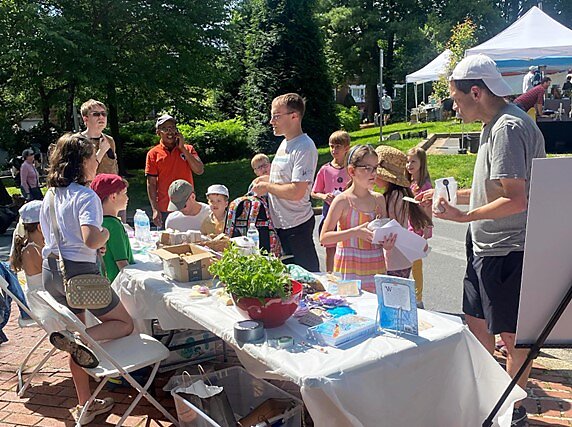
The year before, the students created products to sell at a local farmer’s market to raise money for an orphanage in Guatemala to help children receive life-saving surgeries. “The students ran it, they collected the money, they interfaced with the people. They went up and made announcements on the stage on the microphone,” Lauren recalls. “They came away with over $1,000 that they had raised for these surgeries. And it funded surgeries for three orphans.”
For the weekly Friday field trips, they take full advantage of living in a bustling area. While being near DC gives them access to numerous museums, they also explore the community for unique learning opportunities. They’ve toured water treatment plants for chemistry and are going to iFly for physics. After studying Gothic architecture, they partnered with a local stained-glass maker who taught kids the art and science of their craft and let them create their own project. “It feels like it would be a shame to live so close to touching some of these things and not get a chance to see them,” Lauren notes.
Now they face a new question: what happens when their first three students graduate from eighth grade this year? “There really isn’t a lot in this area,” Lauren acknowledges. “There’s nowhere for them to go that’s similar to this.”
As they consider stepping up to fill that vacuum, they are keeping their own children in mind. “All of this was really born from us wanting something that would work for our own children. And we’ve kept that mentality for our students, too. You know, we wouldn’t want to provide anything that we wouldn’t want for our own kids,” says Lauren. So they’re also thinking that way about a potential high school. “If it’s what we’re looking for, we hope that it’s what other families in our area are looking for too.”

